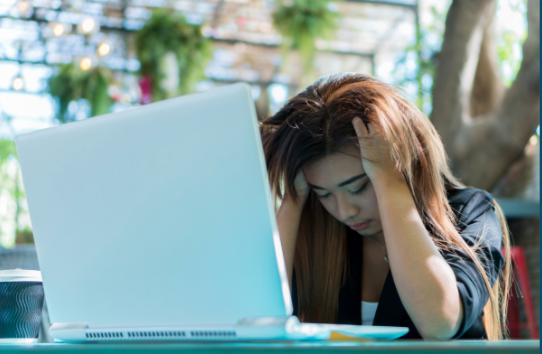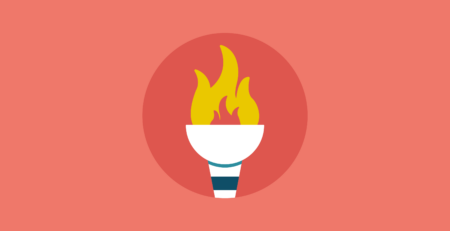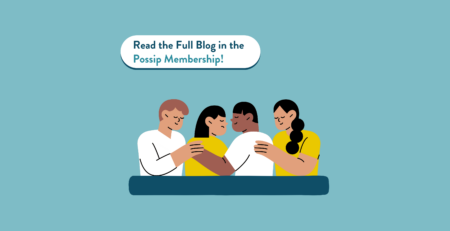On the mind of many Possip parents lately– the mental health and wellness of their children. Covid and school closures have taken a toll on all of us, as we’ve discussed here and on our blog before. In a recent study from The American Academy of Pediatrics, more than one in four parents reported worsening mental health, and one in seven reported worsening behavioral health for their children since the pandemic began.
So, what, as parents, can we do? We spoke with Malené Dixon, a Licensed Professional Counselor at KIPP Sunnyside High School in Houston, TX, who had some practical advice for parents.
Guidance From A Mental Health Counselor
What should parents be looking for, as it relates to their child’s mental health?
“Kids 12 and up are at the biggest disadvantage with Covid. People assume that they are self-sufficient, because they are a bit older, and so it’s an easy group to overlook. Yet at this age, these kids need so much developmental support. They are supposed to be learning to socialize and testing boundaries.
And while school closures have been so challenging for parents, especially those with young children, closures and the ensuing isolation have really impacted older students directly. As adults, we’re better equipped to handle these stresses. Teenagers don’t yet have these coping skills, and so it’s often much harder on them, especially when adults can’t reassure them that there is an end in sight. Older kids and teenagers are much more aware than many adults realize, especially with expanded access to technology and social media.
The advice I give everyone—let kids vent. Kids are more likely to talk when parents are genuinely listening. Try to understand their fears, talk them through it. Really try to understand their concerns. Get them to talk—what are the positive things that have come from this situation? What is the worst? What do you think the dangers of being in your room all the time are? What are some of the rewards that have come out of it? Academically or for your family?”
What should you do if you are concerned about your child?
“Sometimes, talking to your parents can be awkward for a teenager. My advice is to participate in activities together. Get outside…go on a walk together. Leave the little kids at home, and take your teenager on a walk to get them to talk. Or find an activity– a game you can connect over? Creating a space to re-get to know your kids.
For some kids, they do really need a friend group. Do what you can to facilitate a virtual friend group.
And, virtual counseling is a good option! If you or your child need help finding a counselor, reach out to your school counselor. They can help you find a licensed professional counselor to talk to.”
For some additional, no-cost resources, visit https://www.parents.com/health/mental/free-mental-health-resources-for-families/.
You can learn more about R. MALENÉ DIXON, LPC-S here: https://www.loftylife.net/who-we-are





